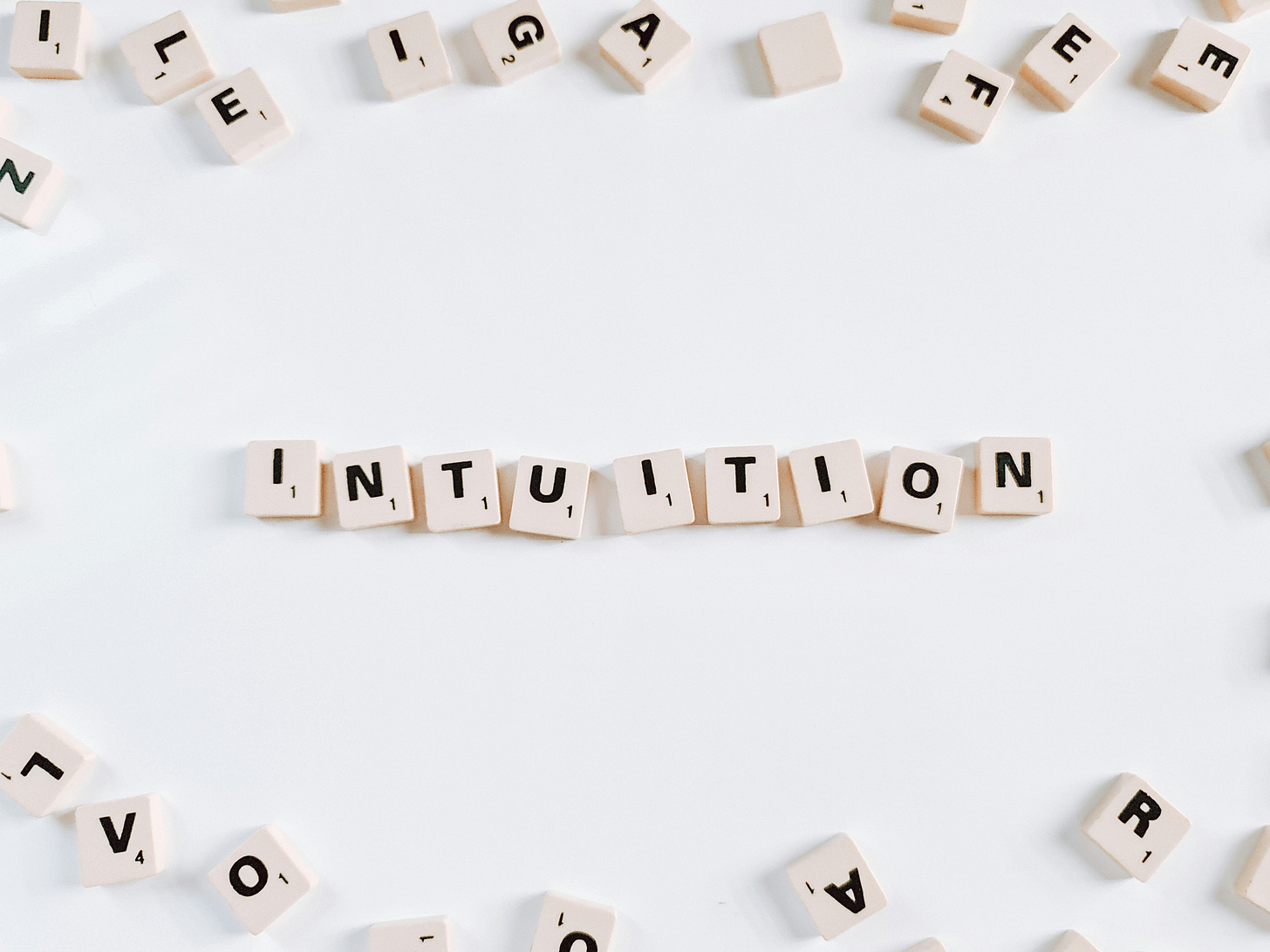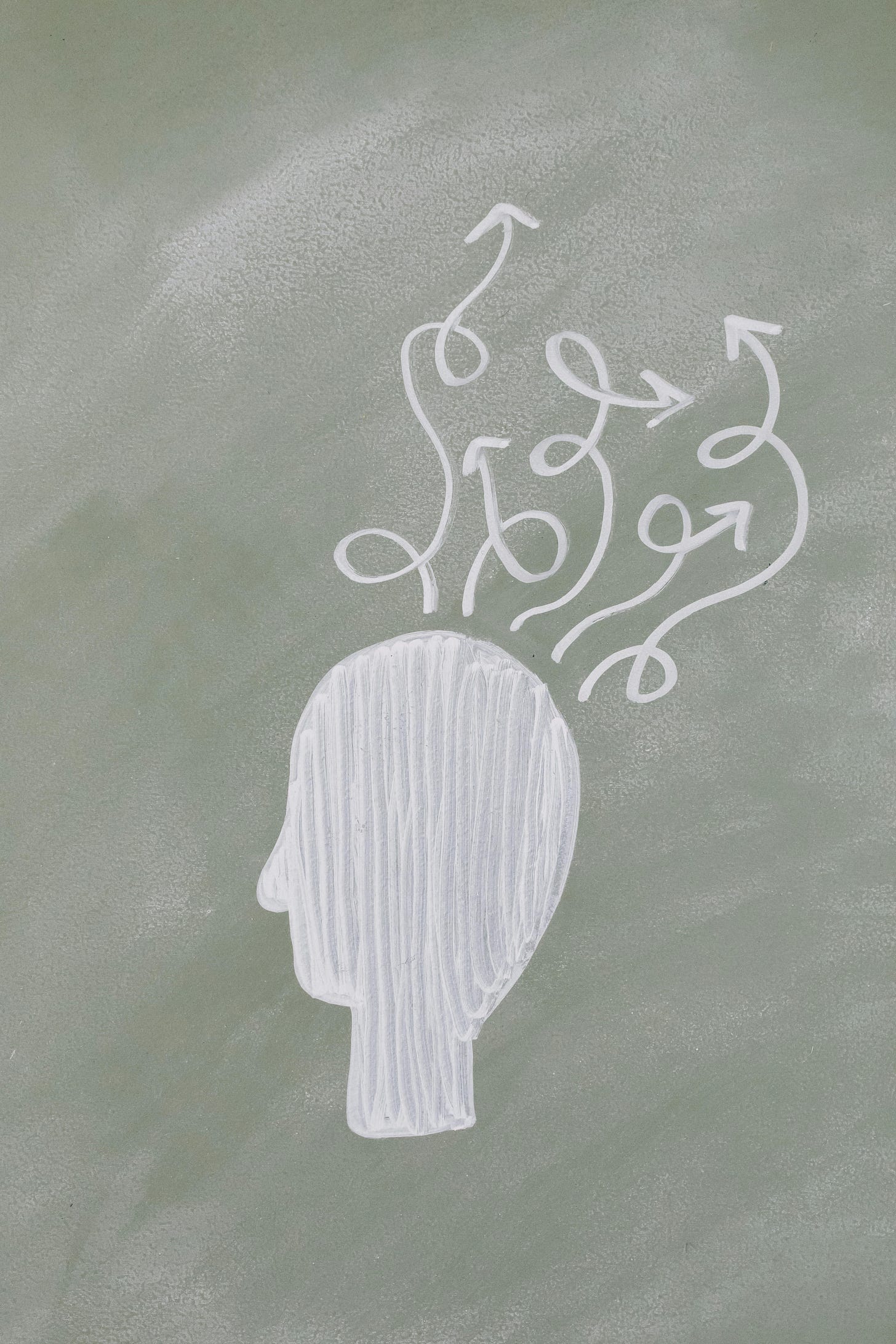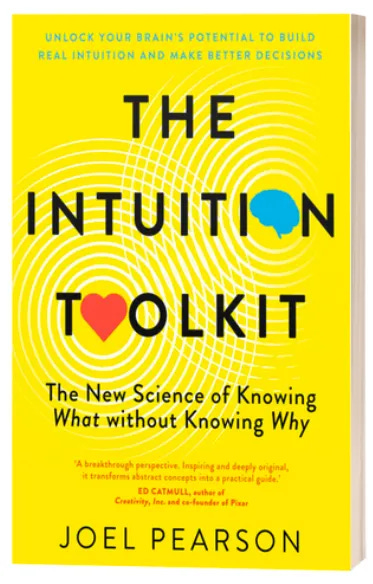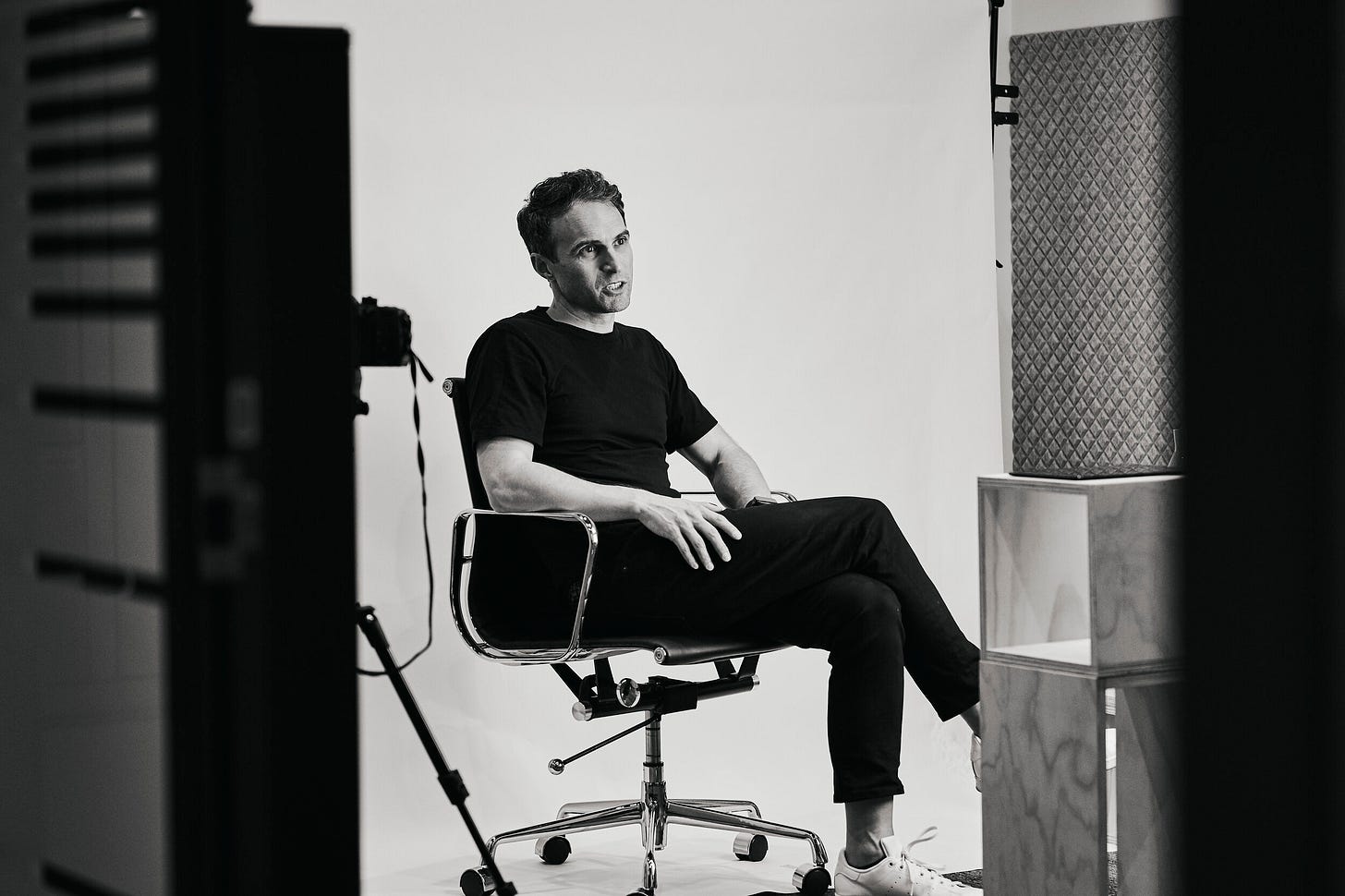Intuition Isn't Infalliable: Four Times You Shouldn't Trust Your Gut
How to navigate the limitations of your intuition, so it doesn't lead you astray.
Hello dear readers,
When you hear the term ‘intuition,’ what comes to mind?
Is it something ‘woo woo’ like a clairvoyant sitting in front of a crystal ball giving a psychic reading? Or, do you picture a professional athlete on the sports field or a pilot in a cockpit, swiftly and effortlessly making decisions — seemingly on autopilot?
As it turns out, all of these examples are relevant. Through studying intuition in the lab for over 10 years, my team and I have arrived at a fairly straightforward and practical definition:
The learned, productive use of unconscious information for better decisions and actions.
This cognitive process can occur in just about any context — whether it’s the CEO leading a business to success by evaluating which market trends to tap into, or the detective following a lead for their latest case.
Now, over the last few decades, there’s been a lot of discussion around whether intuition is ‘good’ or ‘bad.’ It’s a very black-and-white conversation with a lack of nuance. However, one thing that’s become undeniably clear through our research is that intuition isn’t something that can be trusted or distrusted blindly. There are a few key words from the definition above that determine whether it will lead you astray: namely, learned, productive and better.
With this in mind, I’ve come up with a simple framework of considerations to keep in mind before listening to your intuition: SMILE. You can learn more about this in my book The Intuition Toolkit.
But, as we head into the New Year and many of us are thinking about which paths to follow in 2025, you can consider this newsletter a precautionary tale. Here are the four times you absolutely should not follow your intuition.
Prefer to watch and listen? Check out the video above.
When you’re feeling emotional
Before you listen to your intuition, it’s wise to also check in with your emotional state. Why? Because you shouldn't trust intuition when you're feeling stressed or anxious. Or, lovesick. Or, ecstatic. Or just any other intense emotion, for that matter.
Because, here’s the thing — as humans, we’re not great at knowing where our emotions come from. So if you’re experiencing a whirlwind of high-valence emotions, you're going to confuse that for intuition, and chances are it’s going to lead you down the wrong path. Remember, emotions tend to be loud, while intuition is quiet and subtle.
When it feels compulsive or impulsive
I wrote in a previous newsletter about the difference between intuition and instinct, and how to tell them apart. Whether it’s our craving for comfort or dislike of uncertainty, we have some psychological reflexes that are in-built (for better, or for worse). Meanwhile, intuition is adaptive and learned in response to our environment.
Similarly, addiction can feel a lot like intuition. Whether it’s the pull towards drugs, alcohol, social media, or gambling, entertaining these urges can feel like the only right action. But really, it’s a maladaptive learned behaviour that our brain associates with a (temporary) dopamine spike.
Say I have the feeling right now that I should go and check my email. Perhaps there’s something important in there, with an exciting opportunity that I just have to respond to now. That little itch is not intuition but rather, a novelty-seeking behaviour.
If you’re someone who considers yourself more on the impulsive side (perhaps you have ADHD or an addictive personality), you’ll want to be extra vigilant and discerning when it comes to following your intuition. When everything seems like a great idea or once-in-a-lifetime opportunity, it’s very easy to find yourself running around in circles, never making sustainable progress with your goals.
When you’re lacking experience
As mentioned above, intuition is not innate. Nor is it something we're genetically programmed with. Rather, it’s dynamic, and something we develop through life experience.
This means we need to have some mastery of something before we can truly trust our gut when making decisions in that area. If you're going to sit down and start playing chess for the very first time, you can't use your intuition to play chess. You first need to put in the hours to learn which patterns in the board predict good or bad outcomes.
Intuition is also environment-specific. It doesn’t carry very well across different contexts. So say, for example, you’re great at sensing when your partner is mad at you, because you’ve learned to tune into their subtle cues — even if it’s not a conscious process. That’s great, and likely very helpful for letting you know when it’s time to chip in a little more with household chores! That said, it’s likely not much use to you in the office — when you’re trying to decode your boss’ mood and figure out whether that ‘quick chat’ email invite is a sign you’re about to get fired.
Before you trust your intuition, you need to have built up your mental associations in that specific environment first.
When it feels like a gamble
As humans, we’re really bad at understanding numbers. Yes, even those of us who are good at mathematics. While our brains rely heavily on probabilistic thinking when making decisions, those quick-fire cognitive calculations are fraught with error. And that’s especially true when emotions come into play (those damned emotions, again!)
The shark attack rule is a prime example. Most of us know logically that the probability of encountering a shark in the ocean — let alone being bitten by one — is extremely low. In fact, in Australia, you’re more likely to be injured by a kangaroo than a shark. However, the second you start thinking about sharks when you’re in the water, your limbic system activates and you become fearful. So, you throw all probabilities out the window and start running to the shore.
This can work with positive emotions, too. Say you’re considering entering the lottery. You know your shot at actually winning the Powerball is probably less than 0.00001%. But, you start imagining what life would be like if you got that winning call — quitting your job, moving into that beachside mansion, buying the fancy car. Suddenly, you’re buying into the dream, and your ‘intuition’ is telling you should enter. So, you spend your last $50 on a ticket rather than filling up your car with gas and lo and behold, you don’t win. Because, that was never your intuition in your first place — intuition dosnt’t work with probabilities.
At the end of the day, intuition is like a muscle that you need to train and build over time. And, just like our muscles, a well-honed intuition doesn’t always translate across different contexts — think, how a long-distance runner won’t necessarily immediately be good at sprinting. So, expose yourself to as many different environments and experiences as possible, and start small when it comes to trusting your gut. Like, whether or not you should subscribe to this newsletter, if you haven’t already.
Mental meanderings
Has your intuition ever led you astray?
How do you know when to listen to your gut, and when to look at the data and facts?
Let us know in the comments below!








I’m struggling with making the right decision in an emotional state. This is generally challenging because I also have chronic fatigue. I can’t wade through how much is emotional exhaustion influencing /timing/ or my intuition saying no. Probably likely a combination but the decision is time limited so do we trust our intuition in an emotional state or ignore it and pay the price
I found this article to be a laser sharp disection of the mechanics of intuition and a practical guide for how and when to apply it...or not.
Thanks for the ppwerful new year gift to your readers.